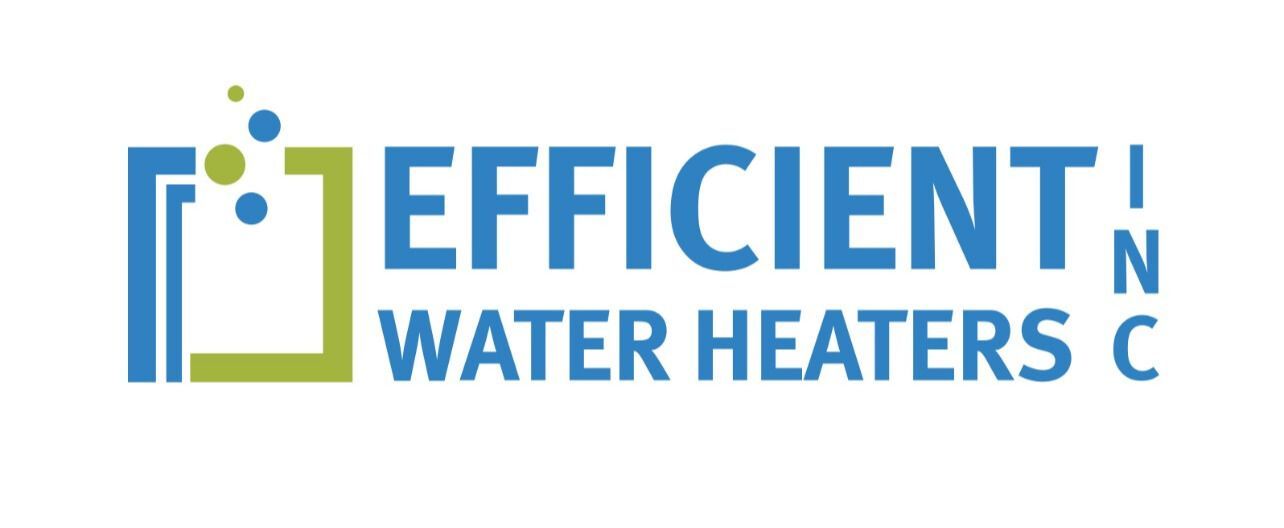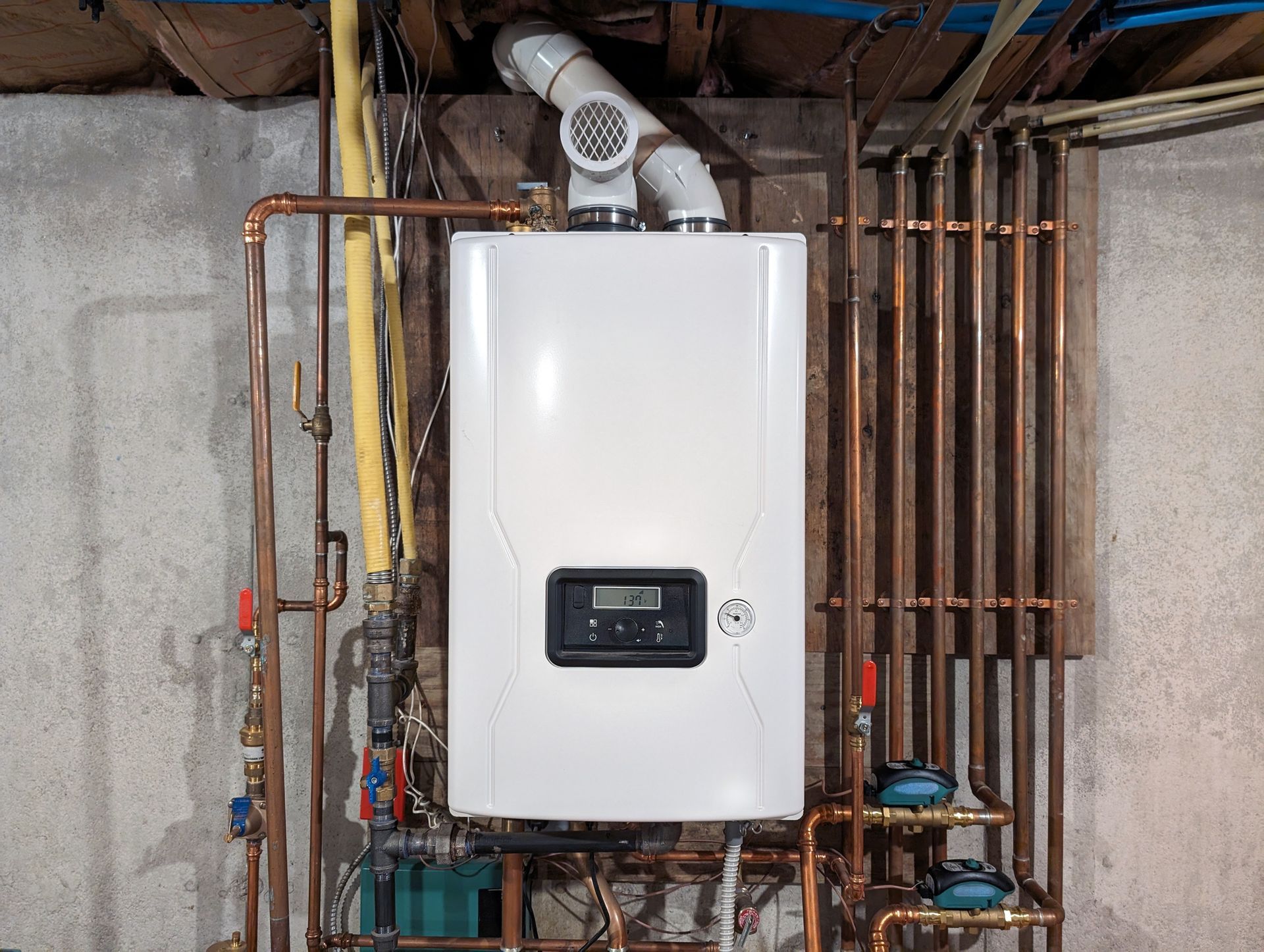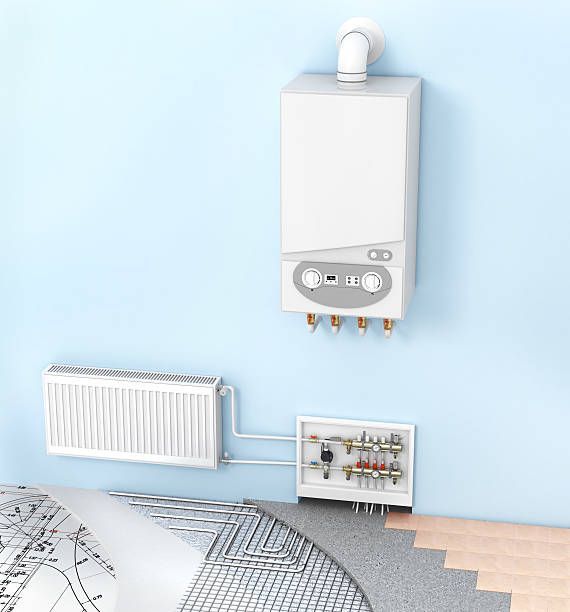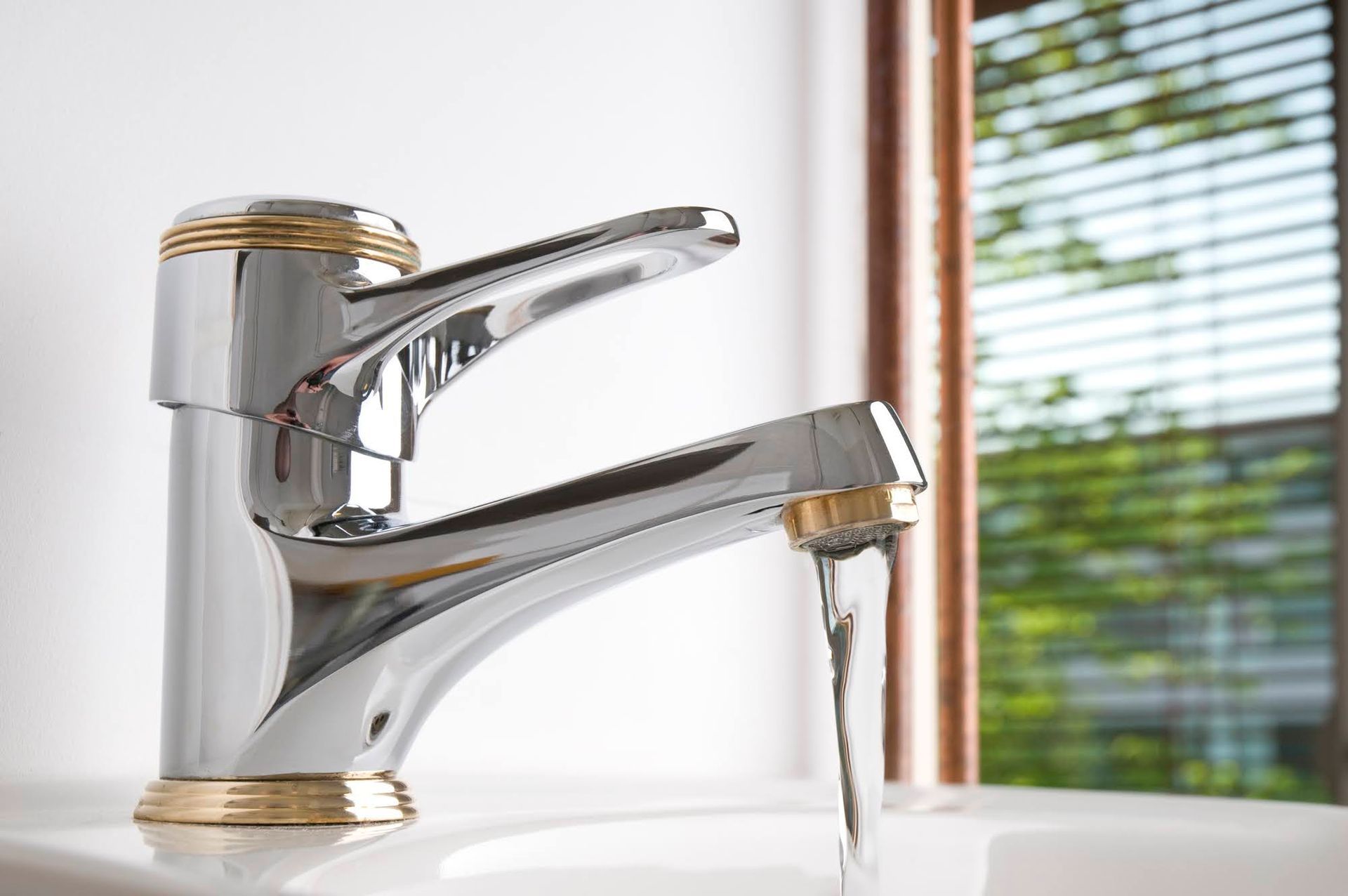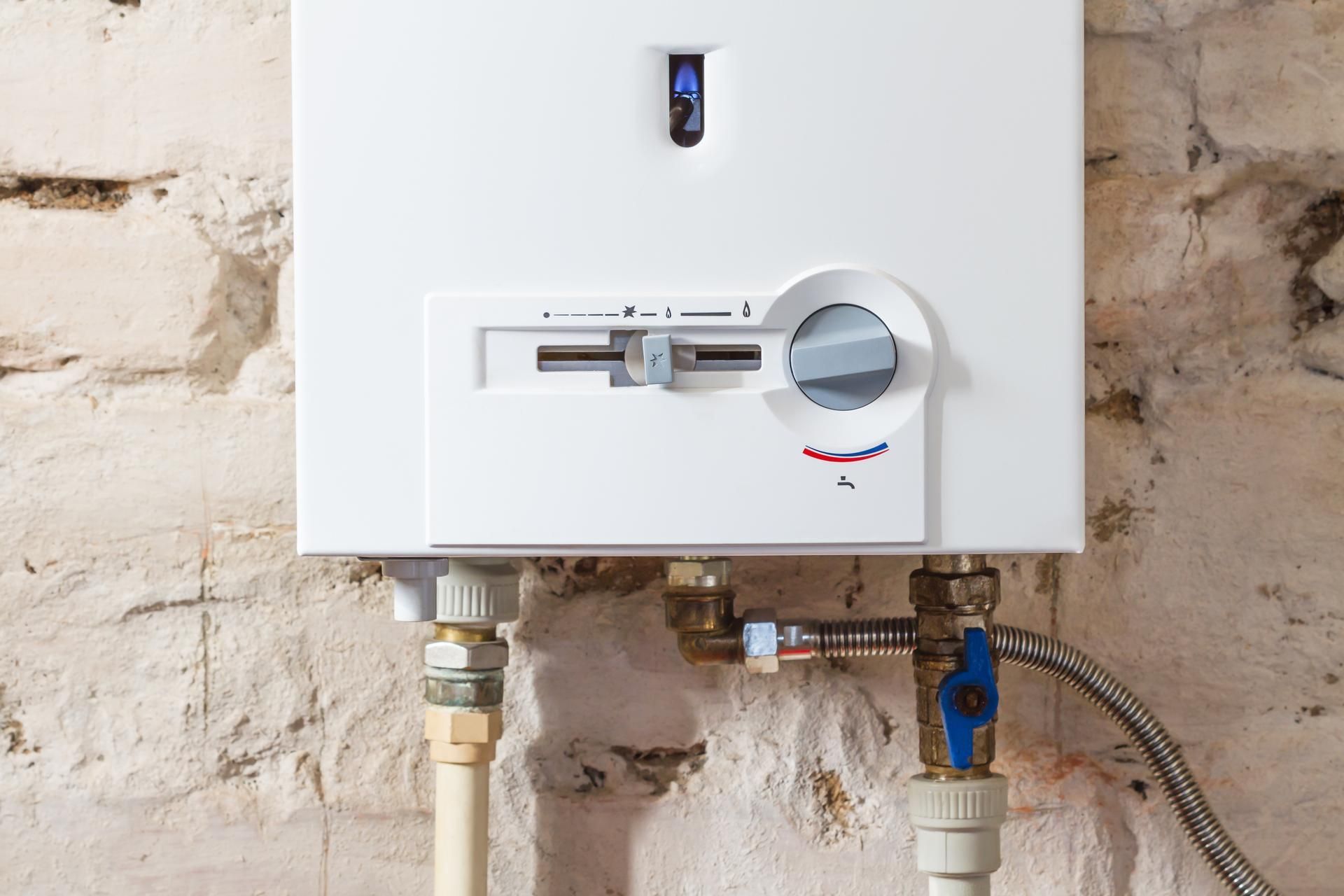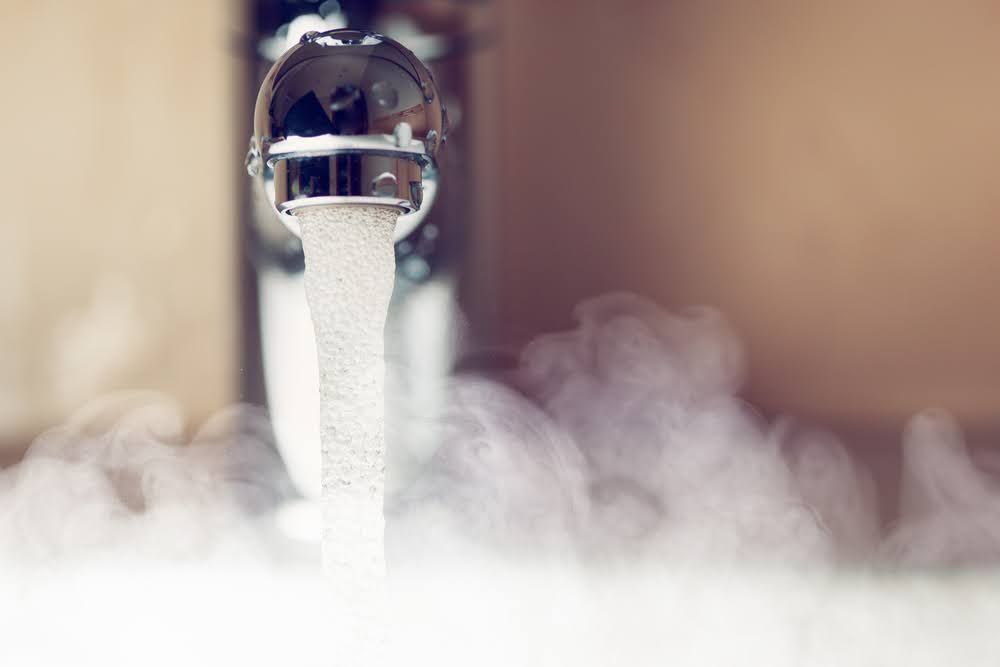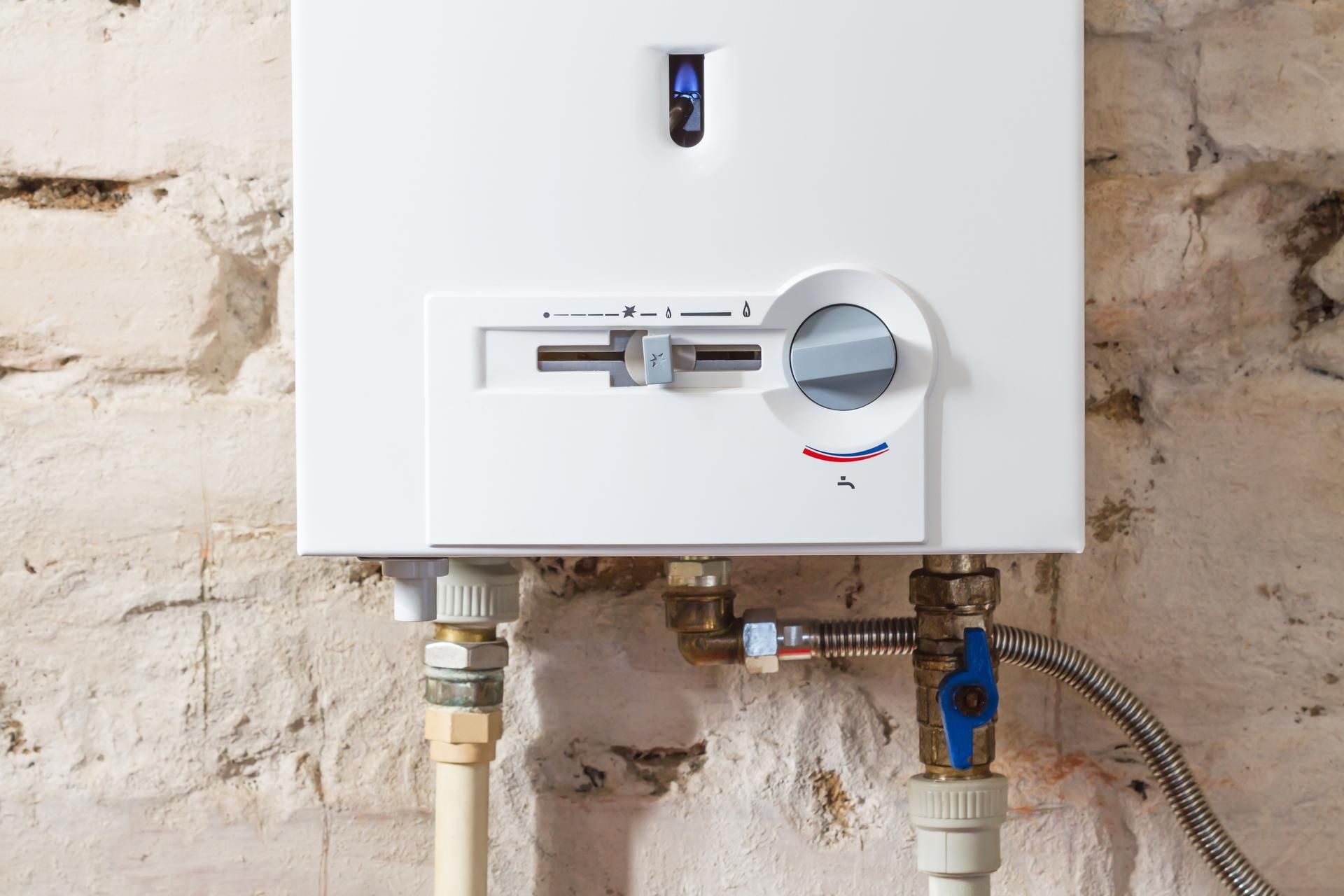Is It Time to Replace Your Tankless Water Heater?
How do you know when it's time to replace your tankless water heater? Tankless water heaters have become quite popular recently due to their energy efficiency and on-demand hot water capabilities. But, like any appliance, they won't last forever. Take a look at how to know when it's time to replace your tankless water heater and why hiring a plumber is crucial in the process.
Age of the Tankless Water Heater
The age of your tankless water heater is a significant factor in determining when it's time for a replacement. Traditional tank-style water heaters typically last 6 to 12 years and tankless models can have an average 19-year lifespan, according to the International Association of Certified Home Inspectors (InterNACHI).
While age isn't the only predictor of the need for replacement, it is a factor you shouldn't ignore. If your tankless water heater is approaching or has surpassed its expected lifespan, it's a good sign that you may need to replace it.
Decreased Hot Water Output
A significant decrease in hot water output is one of the most noticeable signs that your tankless water heater may need a replacement. If you're experiencing a constant drop in water temperature during showers or frequent interruptions in the hot water supply, it's a strong indication that your unit is struggling to keep up with your household's demand.
This can happen with sediment buildup or if there is a deteriorating heating element. Both issues require professional attention.
Constant Repairs
When your tankless water heater starts requiring frequent repairs, it's time to evaluate the cost-effectiveness of continuing to maintain the unit. Constant repairs can quickly add up and become more expensive than investing in a new, reliable system. A certified plumber can help you assess the situation and determine if replacement is the better long-term solution.
Reduced Energy Efficiency
Energy efficiency is a top reason to invest in this type of water heater. According to the U.S. Department of Energy, homes that use 41 gallons of water or less per day can reduce energy usage by 24 to 34 percent (compared to a traditional tank-style model). Homes that use more water may cut energy use by eight to 14 percent.
Over time, the efficiency of your tankless water heater may decrease due to wear and tear. A less efficient unit can lead to higher energy bills, negating the cost savings that tankless heaters are known for. Newer models often have a more energy-efficient design. This means that replacing an older unit can result in long-term savings on your utility bills.
Strange Noises and Leaks
Unusual noises, such as popping, hissing, or rumbling, are often signs of issues with your tankless water heater. These noises can indicate mineral buildup in the system, which can reduce its efficiency. Additionally, any visible leaks or signs of water damage around the unit are clear indicators that something is wrong and should be addressed promptly by a professional plumber.
Professional Replacement
Why should you hire a professional plumber to replace your tankless hot water heater? This job is not a DIY project. It requires the expertise of a licensed plumber for several reasons:
- Safety. Tankless water heaters involve gas and electrical connections. A plumber has the knowledge and experience to ensure a safe installation.
- Proper sizing. Plumbers can accurately assess your household's hot water needs and recommend the right-sized unit for optimal performance. An undersized unit may result in inadequate hot water, while an oversized unit can be inefficient
- Installation expertise. Installing a tankless water heater correctly is crucial to its efficiency and longevity. Plumbers are trained to install these units with precision and in compliance with local building codes.
Many tankless water heaters come with warranties that may be voided if not installed by a professional. Hiring a plumber ensures your warranty remains intact.
Do you need a tankless water heater? Contact Efficient Water Heaters, Inc. for more information.
